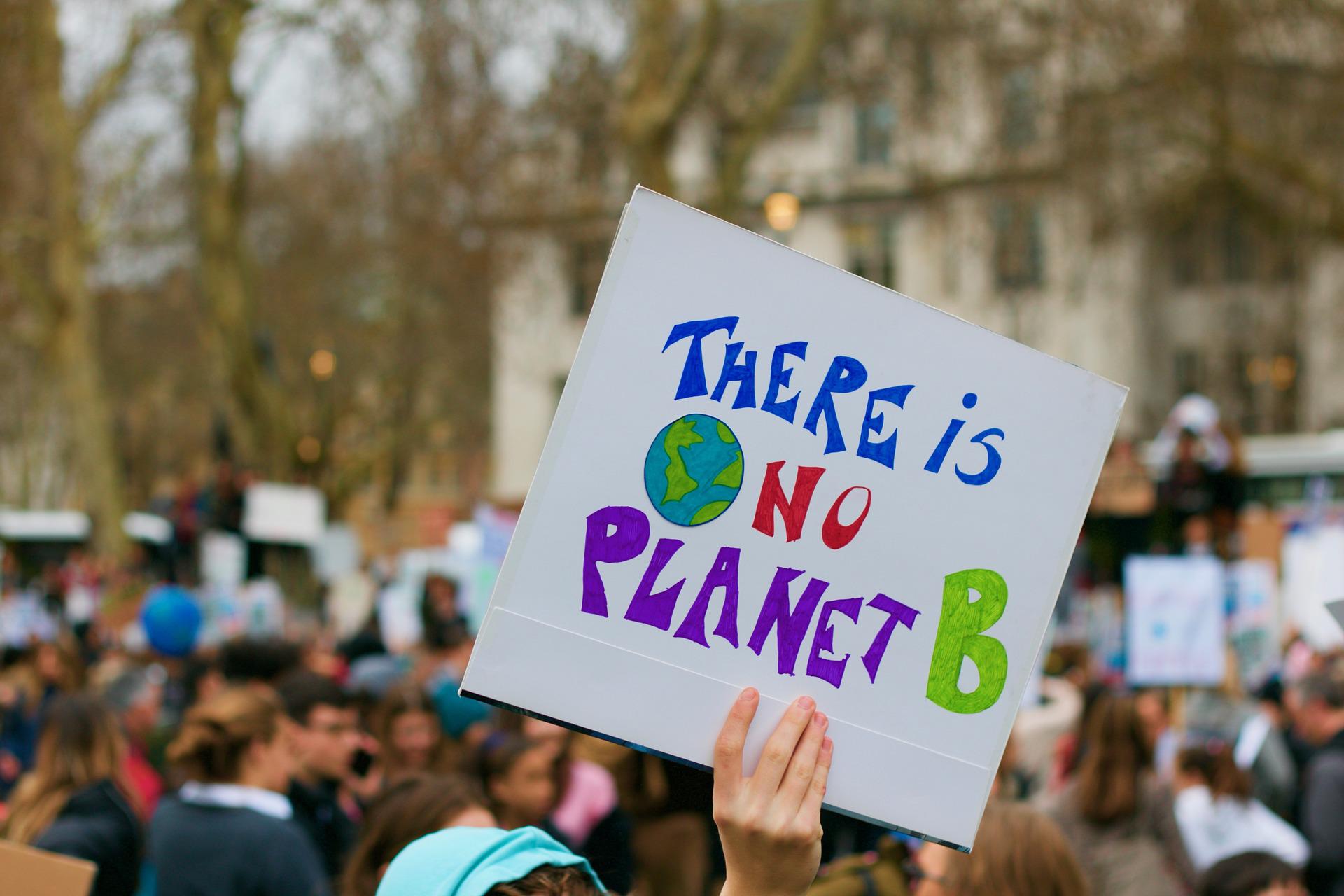The Causes of Climate Change
Source: Photo by ArtHouse Studio from Pexels
A climate is a weather pattern in an area. Climates are different in every part of the world. There are five climate types in the world, such as tropical, dry, mild, continental, and polar. The biodiversity of different climate zones varies. A change in the climate can really affect the biodiversity in our world. Every living organism has already adapted to its own habitat and climate. A little bit of change in the climate can harm the continuity of every living organism.
Climate change isn’t only about warmer temperatures. An increase in the earth’s temperature is just the beginning. There are other outcomes of climate change, such as a rise in sea level, melting of polar ice, extreme weather, a decrease in biodiversity, and many others. If this problem isn’t handled now, it can really affect the future of all living things on this earth.
Climate change has two primary causes: natural causes and human activities. Volcanic eruptions, tidal currents, the Earth’s orbital movements, and solar fluctuations are examples of natural phenomena. Volcanoes have the ability to cool the Earth. Significant amounts of sulfur dioxide (SO2), water vapor, dust, and ash are released into the atmosphere when a volcano erupts. Although the eruptions last only a few days, the sulfur dioxide gas released into the upper atmosphere has a long-term impact on the climate. The incoming solar rays will be obstructed by microscopic particles, dust, and ashes, causing the atmosphere to cool. This is due to the fact that sunlight bouncing into space cools the Earth’s atmosphere.
Source: Image by Kevin Snyman from Pixabay
Another significant contributor to climate change is human activity. Beginning in the nineteenth century, the Industrial Revolution saw the widespread use of fossil fuels for industrial purposes, creating a large amount of employment for its people. The decade from 2011 to 2020 was the warmest on record, with the global average temperature reaching 1.1 degrees Celsius above pre-industrial levels in 2019. Human-caused global warming is currently increasing at a rate of 0.2 degrees Celsius per decade. A temperature increase of 2 degrees Celsius above pre-industrial levels is associated with serious negative effects on the natural environment as well as human health and wellbeing, including a much higher risk of dangerous and potentially catastrophic changes in the global environment. Many people relocated from rural to urban areas. Many natural areas have been destroyed to make way for homes or industrial operations.
Natural resources are extensively used in construction, industry, transportation, and consumption. All of this has resulted in higher levels of greenhouse gases such as methane and nitrous oxide in the atmosphere. Humans are building industries, factories, and homes, as well as driving automobiles that use a variety of fossil fuels such as coal, oil, and natural gas. This use of fossil fuels will contribute to climate change. Agriculture fertilizer contributes to global climate change. As a result of microbial activity in the soil, these chemicals will emit nitrous oxide. Methane and carbon dioxide emissions will also have an impact on climate change. Furthermore, the increase in agriculture is due to the increase in global population.
Adaptation is an act of adjusting natural and social systems to deal with the negative impacts of climate change. However, these efforts will be difficult to effectively mandate if the rate of climate change exceeds the ability to adapt. Therefore, adaptation must be balanced with mitigation, namely efforts to reduce sources and increase sinks (absorbers) of greenhouse gases, so that the development process is not hampered and sustainable development goals can be achieved. Thus, future generations will not be burdened by the threat of climate change more heavily.
References:
- What is Climate Change? (n.d.). United Nations. Retrieved September 7, 2022, from https://www.un.org/en/climatechange/what-is-climate-change
- All About Climate | National Geographic Society. (n.d.). Retrieved September 12, 2022, from https://education.nationalgeographic.org/resource/all-about-climate/
- BBC News. (2021, October 13). What is climate change? A really simple guide. Retrieved September 12, 2022, from https://www.bbc.com/news/science-environment-24021772
- Causes of climate change. (n.d.-b). Climate Action. Retrieved September 12, 2022, from https://ec.europa.eu/clima/climate-change/causes-climate-change_en
- PERUBAHAN IKLIM (CLIMATE CHANGE). (2019, October 19). Pemerintah Kabupaten Buleleng Dinas Lingkungan Hidup. Retrieved September 12, 2022, from https://dlh.bulelengkab.go.id/informasi/detail/artikel/perubahan-iklim-climate-change-32


